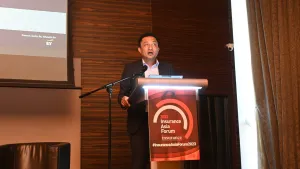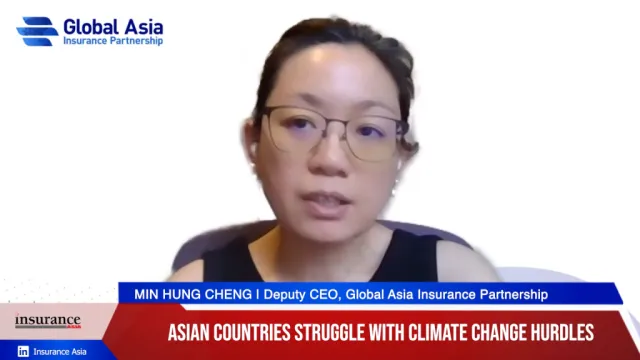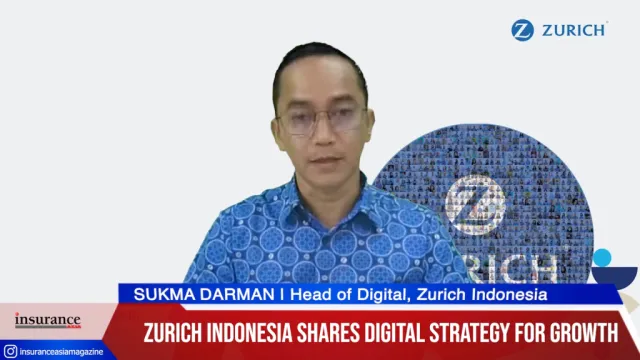
GAIP details transformation in risk management towards net-zero
Asia experienced 81 climate-change related hazard events in 2022 alone.
Amidst Asia's urgent push for net-zero emissions by 2050, the Global Asia Insurance Partnership (GAIP) outlines the industry's potential roles in steering Asia toward a resilient net-zero future.
With nearly 60% of the world's population residing in Asia, the region faces unique challenges from climate change, necessitating innovative approaches. Traditionally a financial safety net, the insurance industry can now transcend its role to become a catalyst for climate risk mitigation and adaptation.
“The insurance industry has the potential to transcend its conventional functions, leveraging its expertise and influence to support Asia’s transition to net zero emissions. By enhancing risk assessment tools, offering insights for effective climate risk mitigation, translating complex climate concepts into actionable knowledge, and directing funds towards sustainable projects, insurers can drive significant environmental and societal change,” says John Maroney, CEO of GAIP in a press release.
To address these challenges, the industry can adjust risk assessments, underwriting practices, and investment strategies, pressed GAIP in its recent paper “Beyond Protection: Steering Towards a Resilient Net-Zero Future”.
The insurance industry has the potential to go beyond its traditional role by acting as insurers, risk advisors, educators, influencers, investors, and wealth managers.
“In 2022 alone, Asia experienced 81 climate-change related hazard events, resulting in over US$36 billion in economic damages,” the paper warned.
ALSO READ: Asia’s insurance and banking titans pledge climate action
“By pricing these risks appropriately, the insurance industry can send a clear signal about the economic costs of climate change. For instance, properties in flood-prone areas might attract higher premiums for home insurance, influencing decisions about property development or individual housing choices. Such premium increases can be seen in the United States, where home insurance premiums have increased 21% from May 2022 to 2023.” it added.
Through these roles, insurers can promote sustainable behaviours, investments, and policies aligned with a net-zero vision. Enhancing risk assessment tools, offering insights for effective climate risk mitigation, translating complex climate concepts into actionable knowledge, and directing funds towards sustainable projects are key actions insurers can take.
Despite its potential, the insurance industry faces regulatory barriers, scalability issues in data and risk modelling, low climate literacy, engagement barriers, and the need for a just transition. Addressing these challenges requires collaborative efforts across sectors.
GAIP urges the industry that by embracing roles beyond traditional risk management and fostering commitment, communication, and collaboration, the industry can contribute significantly to steering Asia towards a net-zero future.
With concerted efforts and strategic partnerships, insurers can navigate the complexities of climate change, reduce protection gaps, and support sustainable development.







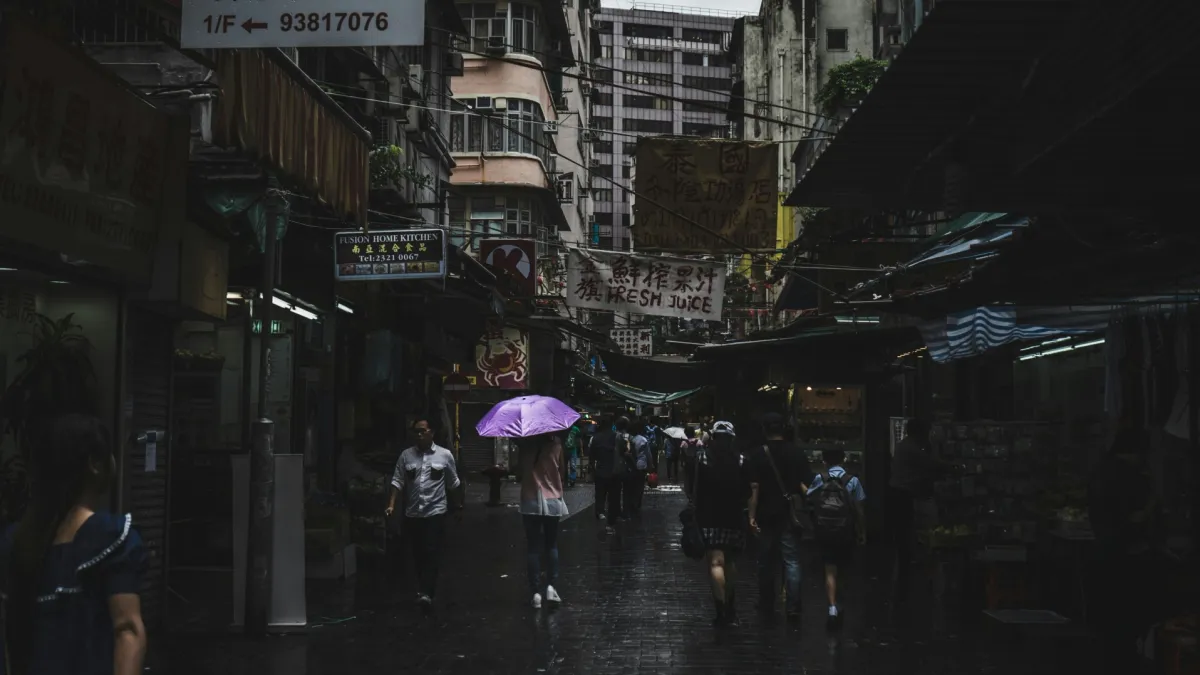


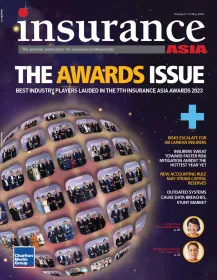
 Advertise
Advertise


